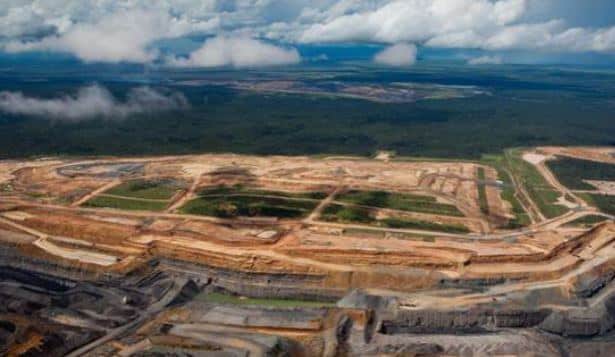A Saturday Paper report last weekend revealed what stopped China from funding the Adani project. It was 2017 and Adani’s Carmichael coal mine had already copped serious heat for its potential contribution to global warming and damage to the stricken Great Barrier Reef.
The bad publicity made it difficult to fund. The Big Four Australian banks had already committed not to fund the estimated 10-million-tonnes-of-coal-per-year mine, and a number of other Western banks had done the same. These included major groups like Deutsche Bank, Barclays, JP Morgan, Goldman Sachs, Citigroup, Société Générale and BNP Paribas.
So it was unsurprising that Adani Group would turn to the Chinese. When Geoff Cousins, then head of the Australian Conservation Foundation, found out about the move, he called the Chinese Embassy.
Cousins then called Bob Carr, who, as it happened, was already scheduled to meet with the Chinese ambassador. Sharing Cousins’ concerns, Carr wrote up and delivered an extensively referenced letter detailing the case against financing Adani from China and the world’s perspective.
Just a week later, according to Cousins and The Saturday Paper, both Carr and Cousins received an email from the embassy saying that no Chinese bank would fund the Adani mine. China later also committed not to contribute to insurance for Adani.
The story is a lesson of both how finance plays an outsized role in crucial political decisions, but how conscious finance can also be a major force for change. Cousins’ activist tactics are built on pressuring financiers with bad press if they pursue destructive projects.

Yet construction of Adani’s Carmichael coal mine did ultimately go ahead, with the project being fully financed by Adani Group itself. Downgraded to 20% of its originally planned size, the mine is nonetheless expected to start shipping coal by the end of this year.
Cousins and Carr, in other words, made a massive positive impact with their financial lobbying in the Adani case. But it’s only a legal moratorium on new coal mines that will stem the industry’s bleeding of carbon into the atmosphere for good.
Follow Christian on Twitter for more news updates.